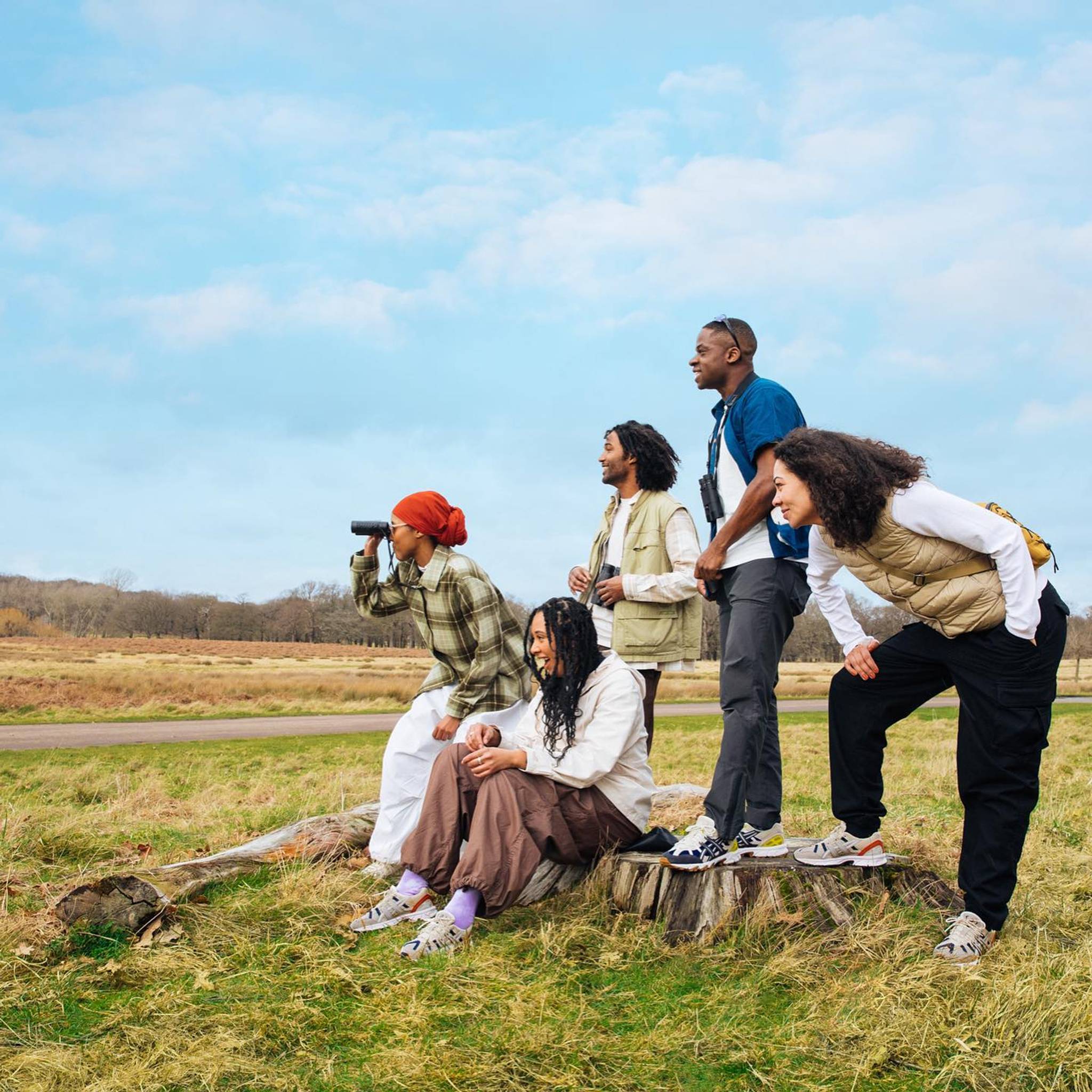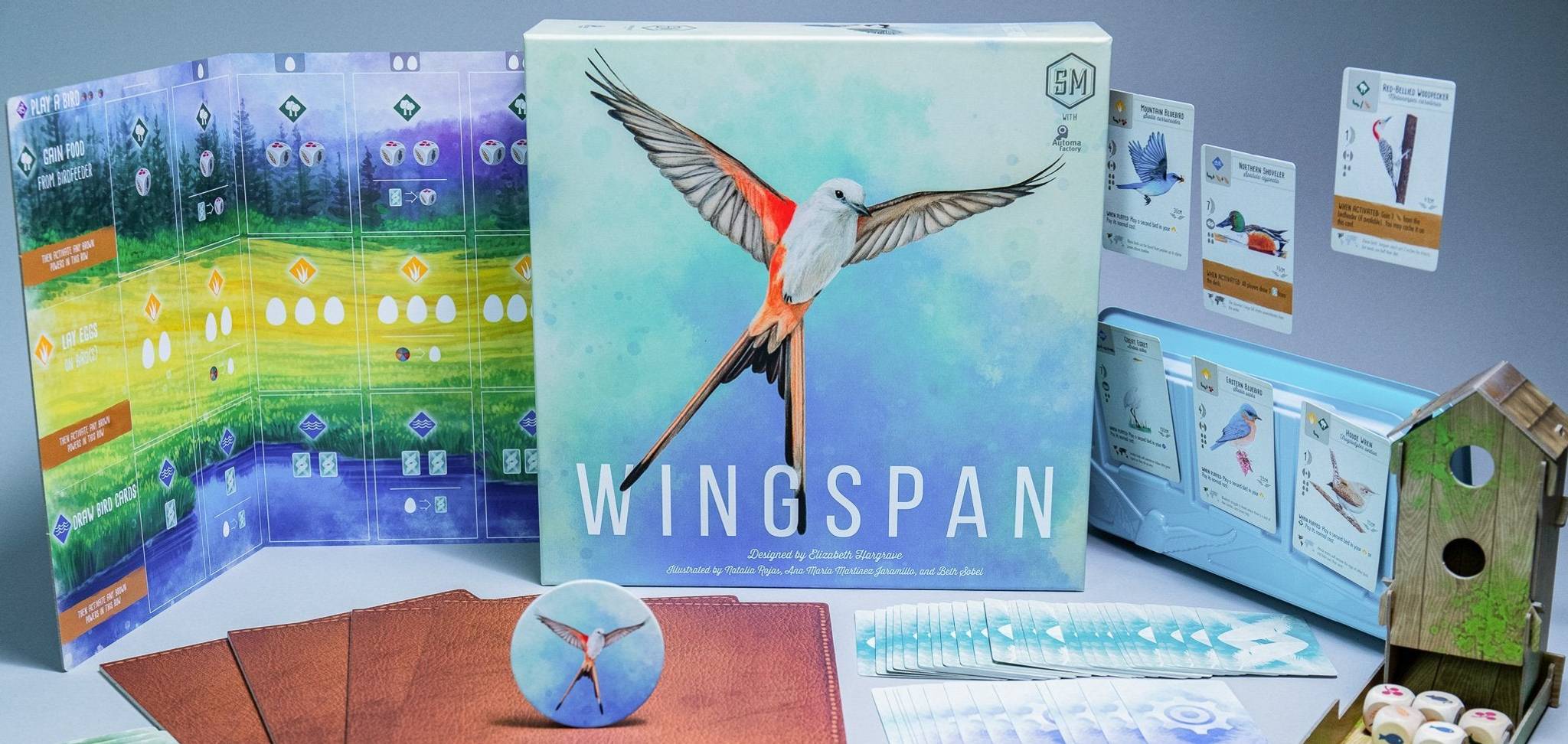
Birdwatching may have once been considered a dull and lacklustre hobby, but many youngsters globally are embracing this activity as a means to reconnect with nature. Fortunately for these enthusiasts, studies have found that birdwatching can enhance mental health and physical wellbeing.
Contrary to the stereotype of birdwatching as boring, a 2024 study shows that just 30 minutes of birdwatching can significantly improve happiness, health, and connection with nature. Even briefly listening to birds throughout the day, such as through an open window, enhances wellbeing. However, the study highlights that birdwatching provides more benefits than merely listening to birdsong and surpasses nature walks in boosting wellbeing and reducing stress.
Spending time in nature, listening to birdsong, and walking in parks have long been recognised for their mental health benefits. This may be connected to biophilia – the innate human affinity for nature – and the positive effects of biodiversity, which research indicates can reduce stress and encourage physical activity. In the US and UK, younger people are increasingly turning to birdwatching as a way to reconnect with nature and improve their overall wellbeing and state of mind.
During lockdowns, Gen Z turned to old-fashioned hobbies like birdwatching, and the low-stakes, stress-free nature of these activities has endured due to their accessibility and relaxed appeal. Groups such as Flock Together, a birdwatching collective for people of colour, swiftly gained traction via word of mouth to diverse Londoners who wanted to reconnect with natural environments.



